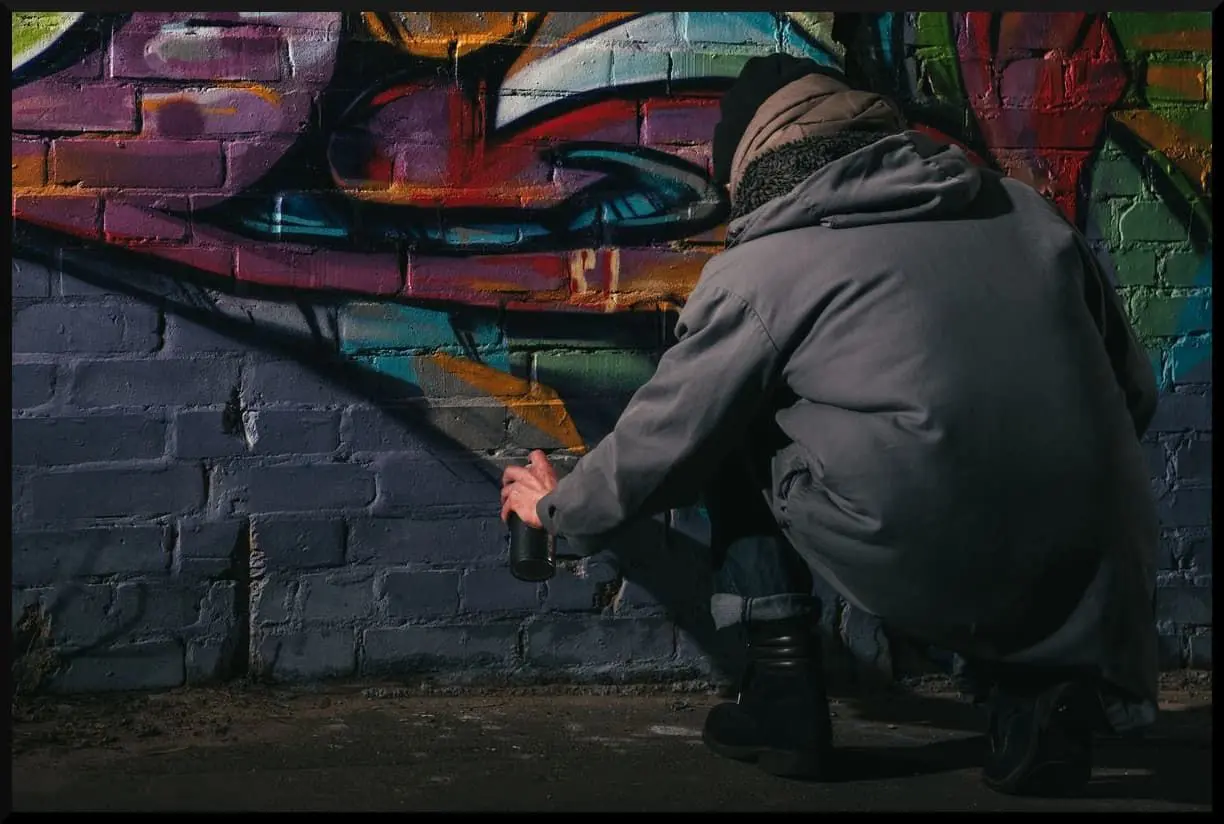By , Leave a Comment

Table of Contents
Raise the Age Law
A law passed in 2017 raises the age of criminal responsibility in New York from 16 to 18. Many provisions of the so-called Raise the Age Law first go into effect October 1, 2018.
The long-overdue legislation will shield many 16- and 17-year-olds from the stigma of criminal convictions that would otherwise follow them for the rest of their lives.
Raise the Age Law: 8 Important Features
Here are 8 important features of New York’s Raise the Age Law:
Age of Full Criminal Responsibility: 17 as of Oct. 1, 2018
Before October 1, 2018, a 16-year-old in New York could be prosecuted as an adult for allegedly committing any crime. North Carolina is the only other state with a minimum age this low.
Beginning October 1, seventeen is the threshold age when an adolescent may be prosecuted as an adult for any crime.
16-year-old adolescents may be criminally prosecuted only for felonies and Vehicle and Traffic Law misdemeanors.
Age of Full Criminal Responsibility: 18 as of Oct. 1, 2019
As of October 1, 2019, eighteen is the threshold age when a person may be prosecuted as an adult for any crime.
16- and 17-year-old adolescents may be criminally prosecuted only for felonies and Vehicle and Traffic Law misdemeanors.
Adolescent Offender
Beginning October 1, 2018, a 16-year-old charged with a felony will be classified as an “adolescent offender”.
As of October 1, 2019, a 16-year-old or a 17-year-old charged with a felony will be classified as an adolescent offender.
Parental Notification
Police must immediately notify an adolescent offender’s parent (or other legally responsible person, etc.), that police have arrested the adolescent offender.
Police must administer Miranda warnings to the adolescent offender and, if present, to the parent or other legally responsible person. This gives parents the opportunity to prevent their children from speaking with police.
Youth Court
Beginning October 1, 2018, adolescent offenders shall be prosecuted in newly established courts called “Youth Parts”.
Family Court Judges – with specialized training in juvenile justice, adolescent development, custody and care of youths and effective treatment methods for reducing unlawful conduct by youths – shall preside over the youth parts.
Adolescent offenders likely will have better chances of resolving felony charges without jail, and/or without criminal convictions, than similarly charged adults.
Diversion to Family Court
Upon motion of the District Attorney, felony charges (with exceptions for very serious felonies, such as murder, rape, and “armed felonies”) filed against an adolescent offender shall be transferred to Family Court, when the Youth Part determines that doing so would be “in the interests of justice”.In certain situations, even very serious felonies may be transferred to Family Court.
Upon motion of an adolescent offender, the Youth Part may move felony charges to Family Court as well.
With the exception of certain felonies, the Youth Part must transfer all charges against an adolescent offender to Family Court, unless “the district attorney makes a [written] motion to prevent removal of the action” within 30 days of arraignment. The Youth Part must deny the District Attorney’s motion unless it finds “extraordinary circumstances”.
Presumption against Custody
There shall be a “presumption against custody” while the Youth Part determines whether to remove felony charges against an adolescent offender to Family Court.
In other words, adolescent offenders are entitled to presumptive release while the Youth Part determines whether to remove the case to Family Court.
Juvenile Detention Facility for Older Youth
Beginning October 1, 2018, each 16-year-old committed to the custody of the sheriff after arraignment must be held at a “specialized secure juvenile detention facility for older youth”, rather than a jail.
Beginning October 1, 2019, each 16-year-old or 17-year-old committed to the custody of the sheriff must be held at a “specialized secure juvenile detention facility for older youth”. The facility may not be on Rikers Island.
Free Consultation
Bruce Yerman is a juvenile crime lawyer in New York City. His office is located in Suite 1803 of 299 Broadway in Manhattan.
If you’d like a free consultation to discuss the Raise the Age Law, or any other issue related to criminal defense or family law, call Bruce at:
Or email Bruce a brief description of your situation:

Leave a Reply